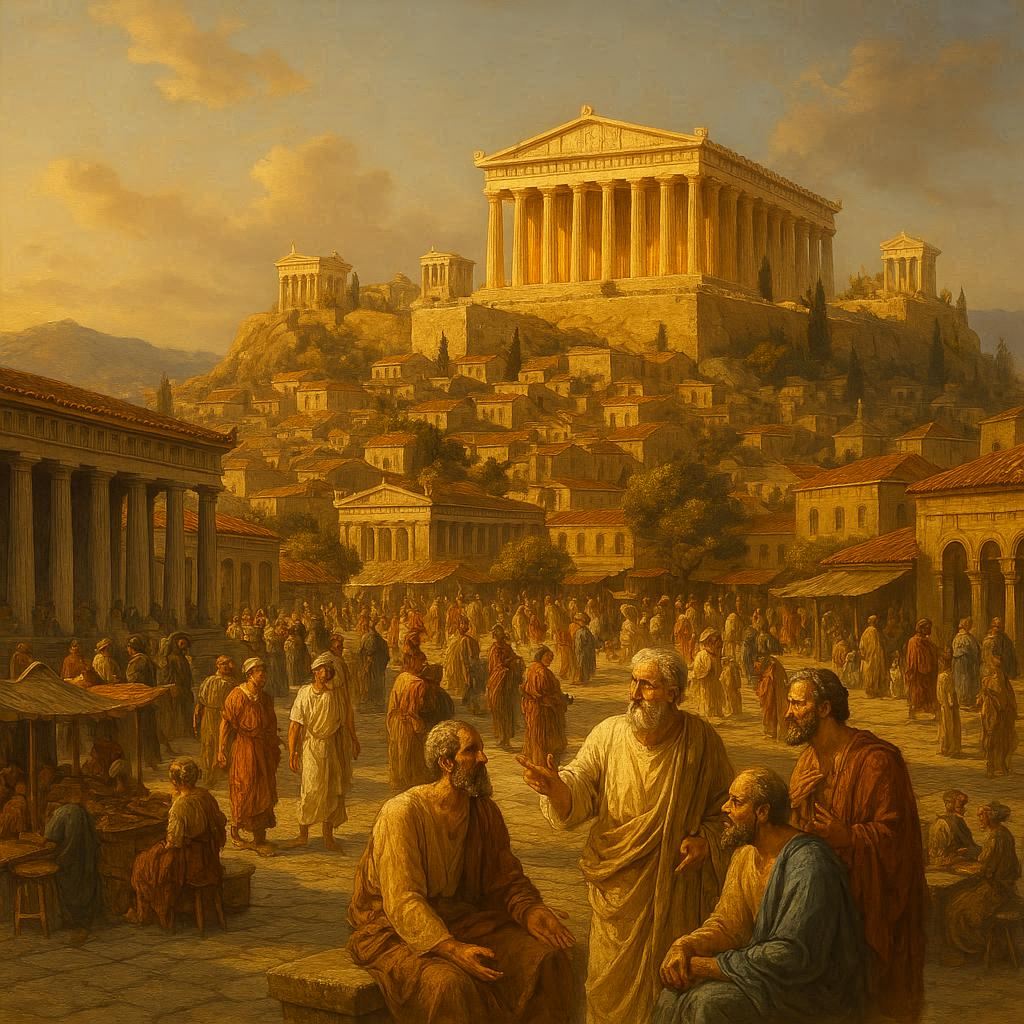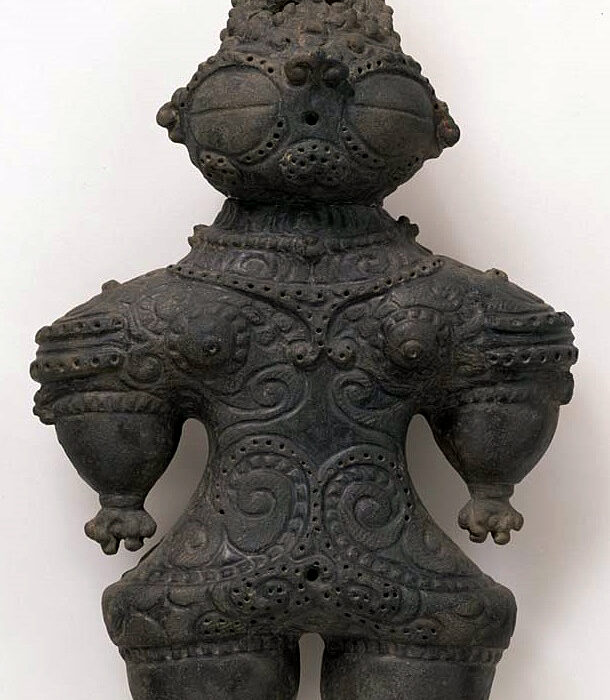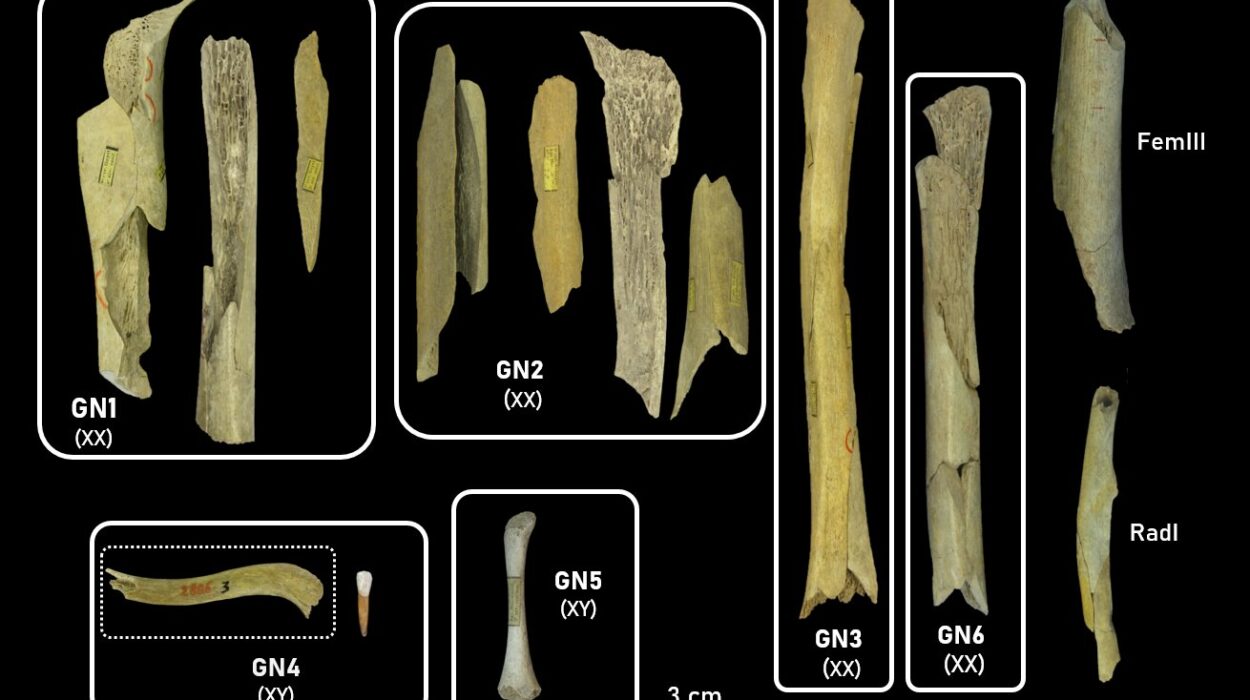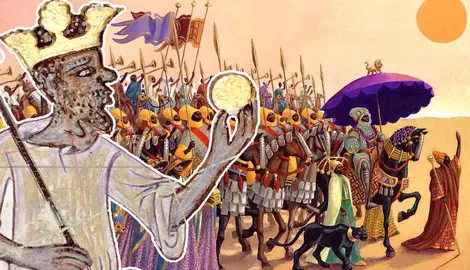In the ancient world, Greece stood as a cradle of ideas, democracy, philosophy, and military prowess. Yet within its patchwork of city-states, two powers rose to extraordinary prominence: Athens and Sparta. Though united by language, religion, and shared cultural traditions, these two poleis could not have been more different. Their rivalry was not only a contest of armies and strategies but of ideals and identities. Athens was a beacon of democracy, art, and philosophy; Sparta, a fortress of discipline, austerity, and martial strength.
The clash between Athens and Sparta was more than a struggle for power—it was a defining moment in history, a contest between freedom of thought and the rigidity of order, between naval supremacy and land dominance, between the pen and the sword. Their opposition shaped the trajectory of the ancient Greek world, culminating in the Peloponnesian War, a conflict that shook Greece to its core and altered the fate of civilization.
To understand this clash is to explore two visions of what it meant to live, to rule, and to survive in the ancient world.
The Birth of Athens
Athens was born from the rocky soil of Attica, a land not rich in agriculture but abundant in spirit. Its earliest days were marked by kingship, aristocracy, and internal strife, but out of this turbulence grew one of humanity’s most transformative experiments: democracy.
By the 6th century BCE, reforms by leaders such as Solon and Cleisthenes shifted power from aristocratic elites to the broader citizen body. Cleisthenes, often called the “father of Athenian democracy,” reorganized the population into tribes and expanded political participation. Athens became a city where free male citizens could debate, vote, and decide matters of law and policy in the ekklesia (assembly).
This political evolution was matched by cultural brilliance. Athens nurtured philosophers like Socrates, dramatists like Sophocles and Euripides, historians like Herodotus and Thucydides, and architects who built marvels such as the Parthenon. It was a place where ideas were tested, art flourished, and human potential was celebrated. Yet, Athens was not a utopia—it relied heavily on slave labor, excluded women and foreigners from political rights, and often pursued empire with ruthless ambition. Still, its achievements would echo through centuries, shaping the very concept of democracy.
The Rise of Sparta
Sparta, by contrast, grew in the fertile valley of Laconia, surrounded by mountains that insulated it from outside influence. From its earliest days, Sparta was defined by conquest. Around the 8th century BCE, it subjugated neighboring Messenia, reducing its people to helots, a serf-like population forced to labor for their Spartan overlords. This reliance on oppressed labor shaped Spartan society, for the constant threat of revolt demanded vigilance and militarization.
Spartan life revolved around discipline, obedience, and martial excellence. From the age of seven, boys entered the agoge, a rigorous system of training that forged them into warriors hardened by deprivation and strict discipline. Weak infants were left to die by exposure, a harsh practice aimed at ensuring only the strongest survived.
Unlike Athens, Sparta distrusted change and individuality. It was ruled by a mixed constitution: two kings, a council of elders (gerousia), and five annually elected overseers (ephors) who wielded immense power. The assembly of citizens, though present, had far less authority than in Athens. Spartan women, however, enjoyed greater freedoms compared to their Athenian counterparts—they could own property, manage estates, and were expected to maintain physical fitness to bear strong children.
Sparta was, above all, a military state. Its citizens were soldiers first, everything else second. It did not seek beauty or intellectual glory but survival, stability, and dominance.
Two Worlds Apart
Athens and Sparta represented starkly different models of life. Athens thrived on trade, maritime power, and cultural exchange. Its port, Piraeus, bustled with commerce, drawing goods and ideas from across the Mediterranean. Wealth from trade and empire funded its theaters, temples, and festivals, making Athens a vibrant hub of creativity.
Sparta, however, shunned wealth and luxury. Its economy was based on agriculture supported by the labor of helots, while trade and coinage were deliberately limited to prevent corruption. Spartan citizens were discouraged from pursuing wealth, philosophy, or art; their duty was to the state and the army.
This divergence extended to their military focus. Athens built the most powerful navy in Greece, a fleet that would dominate the Aegean and form the backbone of the Delian League, an alliance of city-states led by Athens. Sparta, by contrast, invested in an unmatched land army. The Spartan hoplite phalanx was legendary, its warriors trained to fight as a single, unbreakable unit.
These opposing strengths—Athens at sea, Sparta on land—set the stage for inevitable conflict.
Allies and Rivalries
As Persian ambitions threatened Greece in the early 5th century BCE, Athens and Sparta found themselves uneasy allies. In the Persian Wars, their combined forces achieved miraculous victories: at Marathon, Athenian hoplites repelled the Persians; at Thermopylae, Spartan King Leonidas and his 300 warriors held the pass in an act of heroic sacrifice; at Salamis, the Athenian navy destroyed the Persian fleet. These victories secured Greek independence and elevated Athens and Sparta as the foremost powers of the Greek world.
But with the Persian threat diminished, old rivalries resurfaced. Athens transformed the Delian League from a mutual defense alliance into its own empire, using tribute from member states to fund its navy and monumental building projects. Sparta, leading the Peloponnesian League, positioned itself as the defender of traditional Greek independence against Athenian imperialism.
Tensions simmered for decades, flaring into open hostility in the Peloponnesian War—a conflict that would span nearly three decades and reshape the Greek world forever.
The Peloponnesian War: A Clash of Titans
In 431 BCE, the rivalry boiled over into full-scale war. The Peloponnesian War was not a single conflict but a drawn-out struggle punctuated by truces, betrayals, and shifting alliances. It was a contest between two incompatible powers: Athens with its naval supremacy, walls, and empire, and Sparta with its land dominance and disciplined soldiers.
The war unfolded in phases. In the early years, Sparta invaded Attica repeatedly, burning Athenian farmland. Athens relied on its navy to raid the Peloponnesian coast and maintain control of the seas. Pericles, the Athenian statesman, urged a strategy of patience and defense, but a devastating plague struck Athens in 430 BCE, killing thousands—including Pericles himself.
After a fragile truce, fighting resumed. Athens launched ambitious but disastrous campaigns, most notably the Sicilian Expedition of 415 BCE, in which its fleet was annihilated in Syracuse. Sparta, bolstered by Persian financial support, built a navy to challenge Athens at sea. By 404 BCE, Athens was exhausted, blockaded, and starved into surrender.
Sparta emerged victorious, but the triumph was hollow. The war left Greece weakened, divided, and vulnerable. The dream of Greek unity was shattered, and within decades, new powers such as Thebes and eventually Macedon under Philip II and Alexander the Great would rise.
Athens: The Legacy of Thought and Beauty
Though defeated militarily, Athens’ legacy endures in ways far greater than battlefield victories. Its experiment with democracy, though imperfect, laid the foundation for later political systems. Its philosophers asked timeless questions about ethics, knowledge, and existence. Its dramatists created tragedies and comedies that still move audiences today. Its art and architecture continue to inspire awe.
Athens symbolized the idea that human beings could govern themselves, create beauty, and pursue truth. Even in defeat, it won immortality through culture.
Sparta: The Legacy of Discipline and Power
Sparta’s legacy is of a different kind. Its military system has fascinated generations, embodying ideals of discipline, sacrifice, and resilience. The tale of the 300 at Thermopylae became a symbol of courage against overwhelming odds. Sparta’s social order, harsh as it was, demonstrated how unity and discipline could create a formidable state.
Yet, Sparta’s rigidity was also its downfall. Its resistance to change, dependence on the helot population, and lack of adaptability made it ill-suited to survive in a world that demanded flexibility. Over time, Sparta declined, remembered less for what it built and more for the battles it fought.
The Eternal Rivalry
The story of Athens and Sparta is not merely ancient history—it is a timeless parable of competing visions. Athens represented freedom, creativity, and intellectual daring; Sparta embodied order, strength, and sacrifice. Each had its virtues and flaws, and together they remind us of the complexity of human societies.
Their clash was tragic, for it pitted greatness against greatness, leading not to triumph but to mutual exhaustion. Yet it was also generative, for from their struggle emerged ideas, legends, and legacies that shaped the Western world.
Conclusion: Lessons from Two Giants
Athens and Sparta were two poles of human possibility: the pursuit of knowledge and beauty versus the pursuit of discipline and power. Their rivalry defined an era, their war reshaped Greece, and their legacies echo through time.
We remember Athens for its philosophers, artists, and visionaries who dreamed of democracy and truth. We remember Sparta for its warriors, its defiance, and its discipline that forged legends. Together, they remind us that civilizations are never one-dimensional; they are mosaics of brilliance and brutality, of triumphs and failures.
The clash of Athens and Sparta was more than a contest of armies—it was a dialogue about what it means to live, to govern, and to endure. Their story endures because it is, ultimately, our story: the eternal struggle to balance freedom and order, creativity and discipline, individuality and unity.
And though their walls have crumbled and their armies are long gone, Athens and Sparta still stand, not in stone or spear, but in the enduring imagination of humanity.






